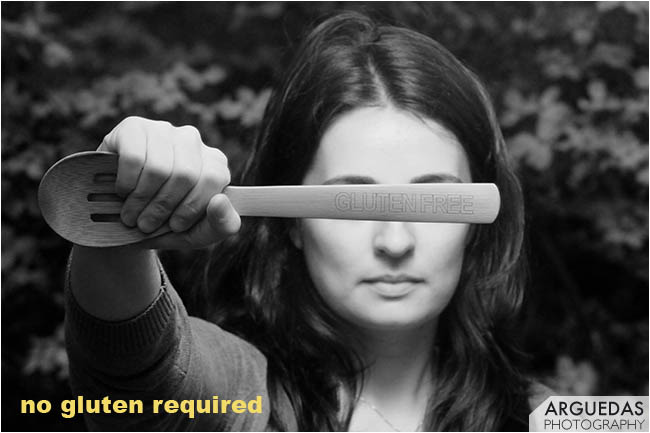Yesterday's food section included "
With more patrons with food allergies, restaurants cater to every need". I was excited to hear about chefs taking food allergies and sensitivities seriously. I was grateful for the inclusion of a famous chef being denied service because of his son's food allergies. This is stuff
we deal with all the time.
But I was still left with a bad taste in my mouth. It is clear that even with the 2009 passing of Bill S.2701, there aren't universal standards for how to "handle" food allergies in restaurant kitchens. Don't get me wrong, things are a lot better. Awareness has significantly increased. But this article points to the fact that not all of these chefs, and their kitchen and front-of-house staffs, are doing the same thing. Some are using separate preparation surfaces, some aren't.
The other elephant in this article is that only high-end restaurants were profiled. This begs the question of
who can afford a safe meal? I understand the allure of profiling high-end chefs and famous restaurants. It makes sense; it drives readership; I get it. I am really excited that a chef at Clio has Celiac Disease. I wish I could check out what she is offering, but it is just not financially feasible. And I am ok with that. I am not saying the because I have Celiac Disease I
should be able to eat at Clio. What I think we need to talk more about it what does it really cost to prepare a meal safely for those with food allergies/sensitivities?
Those of us saddled with the task of trying to find safe food know that you don't go out to eat to a new place for the first time on a weekend. You don't go the night of a menu change. You don't go on a Monday when most chefs have their day off. You don't go to a new place during a lunch or dinner rush. You do ask a lot of questions. You do leave if you don't feel comfortable. And you do tip very well if the staff works as a team to get it right.
These are not "tips" they are essentials for not being poisoned.
I don't think you can talk about allergy awareness without highlighting all of the invisible work* that goes into getting it right. This article talks about some of this work from the chef's side, but ignores the diners experience, except for the person who asked for a gluten-free meal and then eats a conventional dinner roll.
For a second can we please just imagine that I am going out for dinner and my friend orders a gluten-free meal with me, so we can share (because I have the most awesome friends) and she still eats from the glutenrific bread basket. There are lots of different types of food negotiations happening. Granted, there are those who are selectively choosing when and when not to eat gluten, but that doesn't mean it is ok to be dismissive. How we eat, who we eat with, and sharing food is really complicated.
It is really complicated. And it is more complicated than the Globe piece points out. Nonetheless I am grateful to hear about more places taking things more seriously and offering more options. I am still hoping for more.
*I am invoking/borrowing Marjorie Devault's ideas here because food allergies make visible so much surrounding food safety, preparation, and knowledge acquisition required to get it right.

.jpg)

